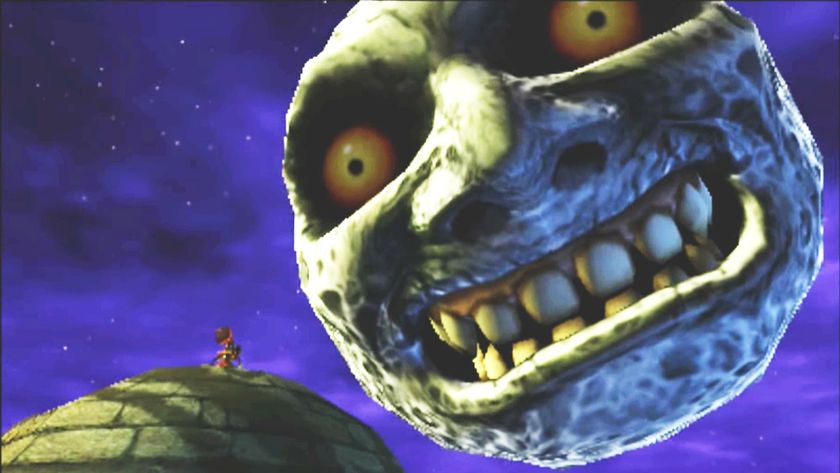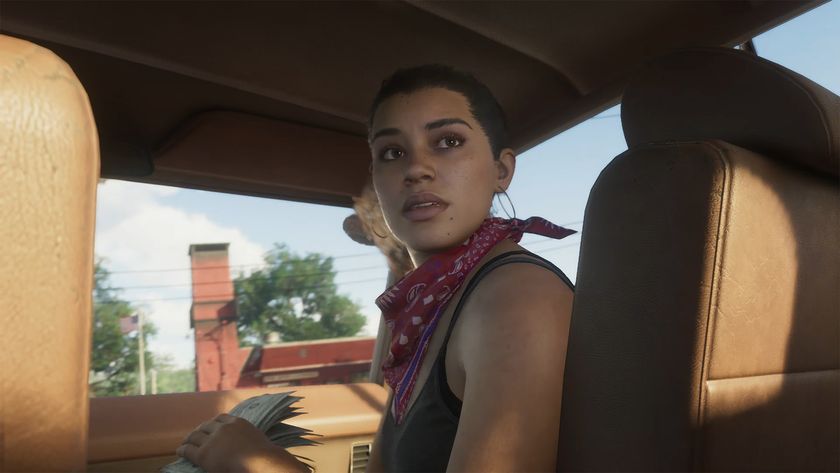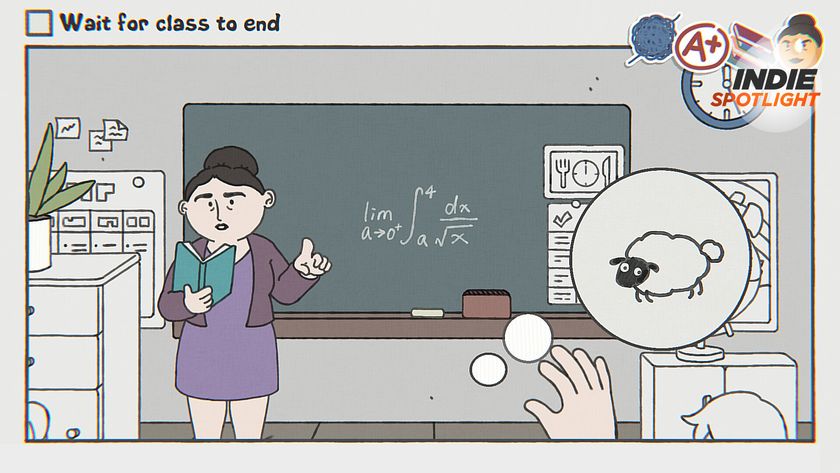Why you can trust 12DOVE
Creeping through the Ia Drang Valley, Vietnam, a troop of French soldiers is about to be butchered. Ambushed by the Vietnamese hiding in the undergrowth, their bugler's battle call cut short by a bullet in the throat, the survivors cower on the ground, waiting to discover their fate. Will the victors take prisoners? "No," states their officer, "Kill all they send and they will stop coming."
Ten years later and the imperialists are still coming, only this time it's the Americans, rather than the French, who are about to venture into the Valley Of Death. At the head of the battalion selected to endure the first major confrontation of the Vietnam War is Lieutenant Colonel Hal Moore (Mel Gibson) - professional soldier, veteran of Korea, father of five. He vows to the families of his men that he will be the first man on the battleground and the last man off it. They will leave no one behind. Alive or dead.
If this sounds familiar, you've probably just watched Black Hawk Down. But, while We Were Soldiers shares the gory combat sequences of Ridley Scott's recent actioner, it packs more passion and pathos into five minutes than Black Hawk Down managed in over two hours. Crucial to this is giving the characters backstory and context: showing them back in the States with their concerned families, where Gibson agonises over the fate of the French and prepares his rookie officers for the messy action ahead. And messy it most certainly is, as well as very surprising...
For you might expect a project from the writer of Pearl Harbor and the star of The Patriot to be a gung-ho, flag-waving exercise in cultural imperialism, a partisan re-enactment of the military engagement that kick-started the struggle for Vietnam: a battle that - even though America would ultimately lose the war - the US actually won. You might expect that. And you'd be wrong. What Randall Wallace delivers instead is an old school Hollywood war movie stripped of brash patriotism and infused with heart, intelligence and emotional intensity. It's Gibson's John Wayne movie, except where Wayne might risk the odd doleful look, Mel is not ashamed to break down and cry.
What's more, Gibson's hard-fighting but compassionate commander is backed up by a handful of equally rounded characters: Sam Elliot's gruff, funny Sergeant-Major ("Kinda makes you wish you'd volunteered for submarines, don't it?"); Barry Pepper's rookie photojournalist forced to take up arms in the heat of battle; Chris Klein as a godfearing young father; and the excellent Ryan Hurst as a recruit who must take command of his stranded platoon.
Building on the strong performances, Wallace has evoked a strong sense of time and place. Blowing up the film stock to give the film a grainy, retro look, he's evoked the feel of 1965, immersing the audience in the moment that signalled the death of US innocence. He also takes some well aimed pokes at the quick-to-judge, post-Vietnam generation, lambasting the shabby treatment meted out to returning veterans. As Pepper's narration puts it, the young soldiers came home from a battle in "a place our country does not remember and a war it does not understand."
To capture the brutality of this particular war Wallace resorts to the kind of handheld camera that's become de rigueur post-Saving Private Ryan. But the director never cheapens the impact, as Spielberg did, by undercutting it with narrative contrivances. There's something primal in the violence here - one scene of frantic hand-to-hand combat brings to mind the prehistoric savagery of the apes in 2001: A Space Odyssey - while some authentic touches (urinating on mortars to cool them down, the dumb luck that means a crouching man dies while his compatriots stand talland survive) bear witness to the bestselling source material, military memoir We Were Soldiers Once... And Young. Perhaps most surprising of all is that, despite being told predominantly from the American point of view, Wallace's epic departs from the usual self-pitying mentality of many `Nam flicks by recognising the deaths of Vietnamese as just as significant as those of Yanks. This is a true story that brings home the real horror of war, presenting a balanced, thought-provoking record of men who ultimately fought "not for their country, or their flag, but for each other."
Reteaming the talent behind Braveheart to compelling effect, this is Mel Gibson's best film in years. Makes Saving Private Ryan look like Dad's Army.
The Total Film team are made up of the finest minds in all of film journalism. They are: Editor Jane Crowther, Deputy Editor Matt Maytum, Reviews Ed Matthew Leyland, News Editor Jordan Farley, and Online Editor Emily Murray. Expect exclusive news, reviews, features, and more from the team behind the smarter movie magazine.

Despite Zelda: Majora's Mask basically being a horror game, one of its key devs didn't think its creepiest features were scary at all: "People on the team were like 'whoa!'"

Corsair exec says GTA 6 is coming to PC in early 2026 and then quickly un-says that

This puzzle game has done the impossible: waiting around for something to happen has never, ever been this fun
Most Popular




